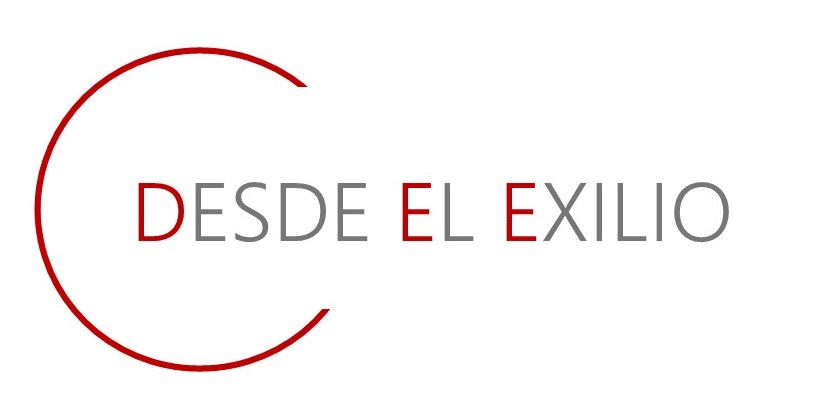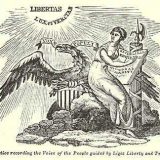What, then, is law? It is the collective organization of the individual right to lawful defense.
Each of us has a natural right — from God — to defend his person, his liberty, and his property. These are the three basic requirements of life, and the preservation of any one of them is completely dependent upon the preservation of the other two. For what are our faculties but the extension of our individuality? And what is property but an extension of our faculties? If every person has the right to defend even by force — his person, his liberty, and his property, then it follows that a group of men have the right to organize and support a common force to protect these rights constantly. Thus the principle of collective right — its reason for existing, its lawfulness — is based on individual right. And the common force that protects this collective right cannot logically have any other purpose or any other mission than that for which it acts as a substitute. Thus, since an individual cannot lawfully use force against the person, liberty, or property of another individual, then the common force — for the same reason — cannot lawfully be used to destroy the person, liberty, or property of individuals or groups.
Such a perversion of force would be, in both cases, contrary to our premise. Force has been given to us to defend our own individual rights. Who will dare to say that force has been given to us to destroy the equal rights of our brothers? Since no individual acting separately can lawfully use force to destroy the rights of others, does it not logically follow that the same principle also applies to the common force that is nothing more than the organized combination of the individual forces?
If this is true, then nothing can be more evident than this: The law is the organization of the natural right of lawful defense. It is the substitution of a common force for individual forces. And this common force is to do only what the individual forces have a natural and lawful right to do: to protect persons, liberties, and properties; to maintain the right of each, and to cause justice to reign over us all.
You say: «Here are persons who are lacking in morality or religion,» and you turn to the law. But law is force. And need I point out what a violent and futile effort it is to use force in the matters of morality and religion?
It would seem that socialists, however self-complacent, could not avoid seeing this monstrous legal plunder that results from such systems and such efforts. But what do the socialists do? They cleverly disguise this legal plunder from others — and even from themselves — under the seductive names of fraternity, unity, organization, and association. Because we ask so little from the law — only justice — the socialists thereby assume that we reject fraternity, unity, organization, and association. The socialists brand us with the name individualist.
But we assure the socialists that we repudiate only forced organization, not natural organization. We repudiate the forms of association that are forced upon us, not free association. We repudiate forced fraternity, not true fraternity. We repudiate the artificial unity that does nothing more than deprive persons of individual responsibility. We do not repudiate the natural unity of mankind under Providence.
Pueden leerlo entero aquí. Disfruten.





Eres un sol, Mónica. GRACIAS por el enlace 🙂
En español aquí:
http://www.elcato.org/publicaciones/ensayos/ens-2002-08-16.html
http://xld.com/TheLaw/LaLey.htm
Desde luego, esta visto que entre los teclados sin ñ, la LOGSE, los nacionalismos, la Academia, Carmen Calvo y nosotros que no lo usamos, tenemos todas las papeletas para quedarnos sin idioma.
Menosmal que siempre quedará por ahí alguien así muy zopenco, muy de Hispánicas, dispuesto a protestar un poco de vez en cuando. 🙂